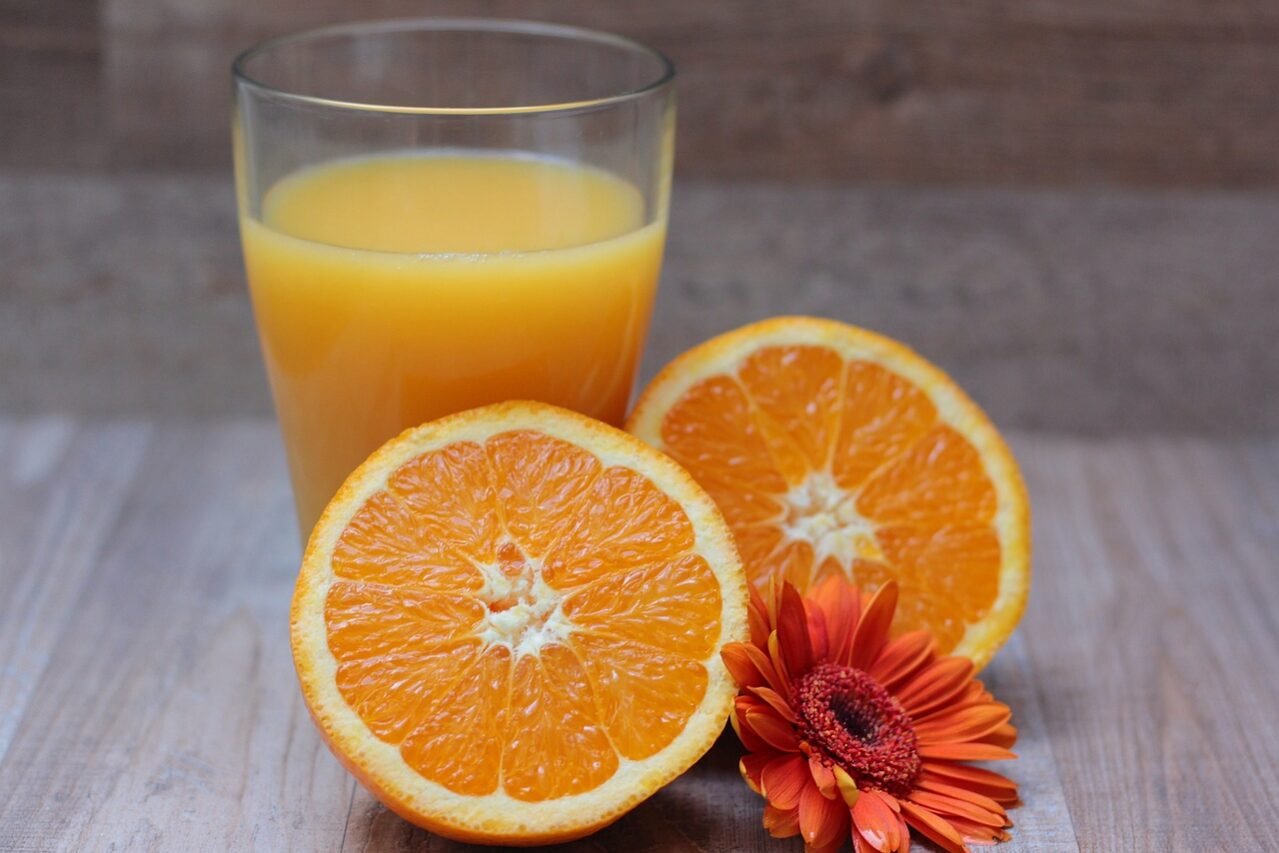A Systematic Review and Meta-Analysis
Question
What is the association between 100% fruit juice intake and body weight in children and adults?
Findings
This systematic review and meta-analysis of 42 eligible studies, including 17 among children (n = 45 851) and 25 among adults (n = 268 095), found a positive association between intake of 100% fruit juice and weight gain in children. Analysis of cohort studies in adults found a significant positive association among studies unadjusted for total energy, suggesting potential mediation by calories; an analysis of trials in adults found no significant association between 100% fruit juice consumption and body weight.
Meaning
Study findings support guidance to limit consumption of fruit juice to prevent the intake of excess calories and weight gain.
Abstract
Concerns have been raised that frequent consumption of 100% fruit juice may promote weight gain. Current evidence on fruit juice and weight gain has yielded mixed findings from both observational studies and clinical trials.
Objective
To synthesize the available evidence on 100% fruit juice consumption and body weight in children and adults.
Data Sources MEDLINE, Embase, and Cochrane databases were searched through May 18, 2023.
Study Selection Prospective cohort studies of at least 6 months and randomized clinical trials (RCTs) of at least 2 weeks assessing the association of 100% fruit juice with body weight change in children and adults were included. In the trials, fruit juices were compared with noncaloric controls.
Data Extraction and Synthesis Data were pooled using random-effects models and presented as β coefficients with 95% CIs for cohort studies and mean differences (MDs) with 95% CIs for RCTs.
Main Outcomes and Measures Change in body mass index (BMI; calculated as weight in kilograms divided by height in meters squared) was assessed in children and change in body weight in adults.
Results
A total of 42 eligible studies were included in this analysis, including 17 among children (17 cohorts; 0 RCTs; 45 851 children; median [IQR] age, 8 [1-15] years) and 25 among adults (6 cohorts; 19 RCTs; 268 095 adults; median [IQR] age among cohort studies, 48 [41-61] years; median [IQR] age among RCTs, 42 [25-59]). Among cohort studies in children, each additional serving per day of 100% fruit juice was associated with a 0.03 (95% CI, 0.01-0.05) higher BMI change. Among cohort studies in adults, studies that did not adjust for energy showed greater body weight gain (0.21 kg; 95% CI, 0.15-0.27 kg) than studies that did adjust for energy intake (−0.08 kg; 95% CI, −0.11 to −0.05 kg; P for meta-regression <.001). RCTs in adults found no significant association of assignment to 100% fruit juice with body weight but the CI was wide (MD, −0.53 kg; 95% CI, −1.55 to 0.48 kg).
Conclusion and Relevance
Based on the available evidence from prospective cohort studies, in this systematic review and meta-analysis, 1 serving per day of 100% fruit juice was associated with BMI gain among children. Findings in adults found a significant association among studies unadjusted for total energy, suggesting potential mediation by calories. Further trials of 100% fruit juice and body weight are desirable. Our findings support guidance to limit consumption of fruit juice to prevent intake of excess calories and weight gain.
Authors: Michelle Nguyen, HBSc1; Sarah E. Jarvis, MSc1; Laura Chiavaroli, PhD1,2,3; et al
Date: January 16, 2024
Link: https://jamanetwork.com/journals/jamapediatrics/article-abstract/2813987
Nutrigenomics Institute is not responsible for the comments and opinions included in this article






